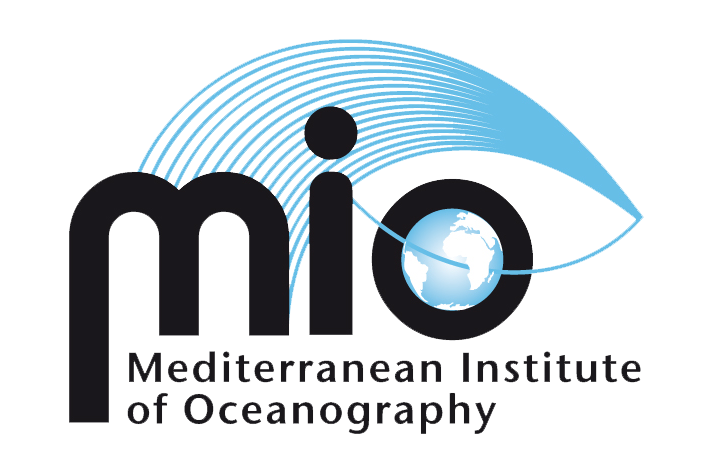Exploring the marine microbial world
Although marine microorganisms play a major role in the functioning of the oceans, they are still largely unknown. The identification of new species of bacteria, archaea, viruses or unicellular eukaryotes, and the description of microbial assemblages and their dynamics under given environmental conditions form an important basis for marine microbial ecology. The MEB team is involved in this description effort in a wide variety of coastal and offshore, pelagic and benthic environments, under extreme or ordinary living conditions, at different latitudes. Isolation and culture of prokaryotes, the team's historical expertise, will be pursued in order to seek out new species and explore their metabolisms. In particular, these isolations will be used to explore the adaptations that enable life in coastal thermo-alkaline environments and in the deep marine environment under high pressure (water column, hydrothermal springs and microbial mats).
They will also be associated with the investigation of particular activities such as bioluminescence or phycotoxin production. In addition to the description of species, the structure of prokaryotic assemblages will also be documented in the same marine environments, but also in a number of more ordinary and easily accessible coastal environments (harbors, beaches, mudflats, mangroves, etc.), enabling a detailed assessment of the spatio-temporal variability of these assemblages.
The description of microeukaryotes and viruses, hitherto marginal, will be developed in order to lay the foundations for the study of interactions within this large community. The study of interactions between bacterial species will be particularly developed through co-cultures in simplified and controlled systems, as will the study of interactions (and co-evolution processes) between host and microbiota, via original micro-diversity approaches. The elucidation of virus hosts will also be approached through the exploration of massive sequencing data in parallel with methodological development enabling the isolation of virus-host pairs.

